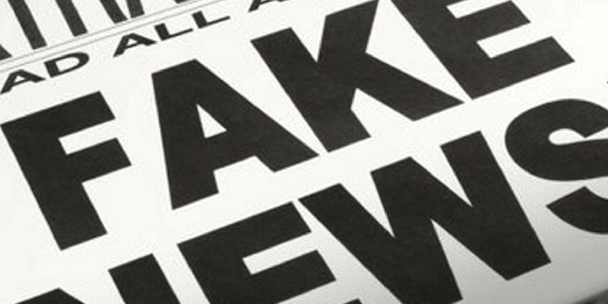South Korea puts proposed 'fake news law' on ice after backlash
South Korea will not pass its proposed “fake news” bill after backlash from critics that call it a move to prevent free speech.

South Korea has struggled with the spread of misinformation and cyberbullying in recent years
President Moon Jae-in's Democratic Party has agreed to create a joint panel with opposition lawmakers to study options on how to amend existing legislation. It said the bill was intended to ensure the media took greater responsibility for the damage caused by incorrect reports, and to improve news quality and public trust.
The review will also explore how to deal with the spread of false information on social media, such as Facebook and YouTube, which are covered by a separate law.
What is behind the proposed bill?
-
South Korea has struggled with the spread of misinformation and cyberbullying in recent years.
-
The proposed amendment to the Act on Press Arbitration and Remedies would allow courts to order damages five times higher than they can now for producing false or fabricated reports "with intention or gross negligence" which breach a plaintiff's rights, inflict property damage, or cause emotional distress.
-
The bill also requires media outlets, including Internet news service providers, to issue corrections for erroneous reports.
-
Critics said the amendments would shield those in power from legitimate scrutiny and harm democracy.
Why is this important?
-
Other countries in the Asia Pacific like Singapore previously passed its new anti-fake news law in 2019, called The Protection from Online Falsehoods and Manipulation Act (POFMA) in Parliament with an overwhelming majority from the House.
-
The POFMA gives the government more power to act against the spread of what it has termed as 'falsehoods'. It puts the power in the hands of ministers to order the correction or removal of online content judged to be a falsehood, but lines have been drawn on what it can act on.
-
In addition, it will also allow the government to impose fines of up to SGD 1m ($737,790) on tech giants like Google, Facebook, and Twitter if they do not act swiftly to limit the spread of falsehoods by displaying corrections or removing them completely.
-
It will also force tech platforms to disable fake accounts operated by bots and block advertisements on fake news sites, thereby cutting off their revenue streams.
-
Singapore used POFMA for the first time in November 2019 after ordering a politician from an opposition party to correct his Facebook post.
-
The politician Brad Bowyer, who is a member of Progress Singapore Party, was issued a correction notice by POFMA for putting out misleading and false statements about Singapore state investor Temasek Holdings and sovereign wealth fund GIC.

